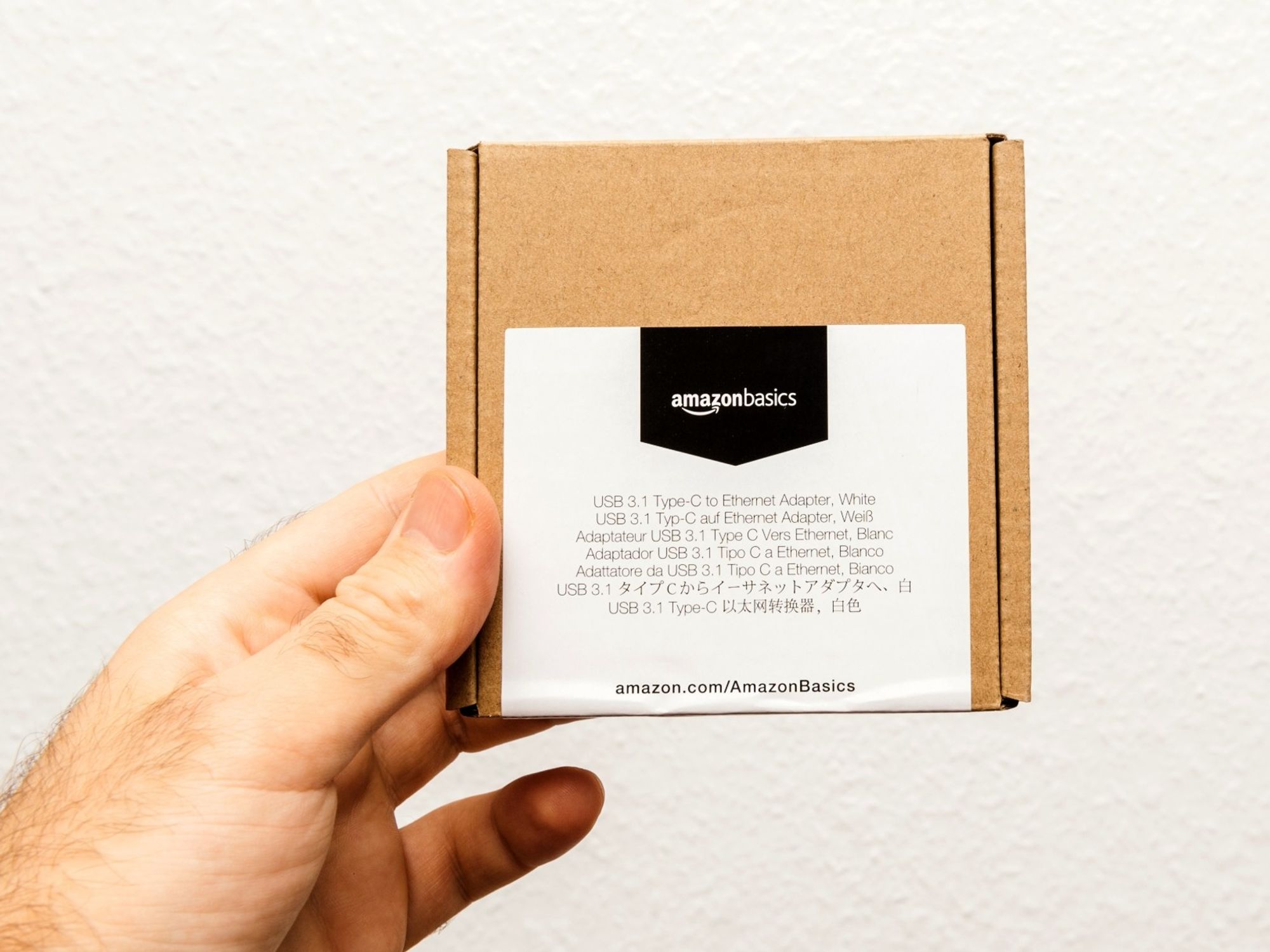How Amazon’s Treatment of Third-Party Sellers Became an Antitrust Target in California and Abroad

Antitrust scrutiny of Amazon is intensifying as new details reveal how the company treats third-party sellers in its marketplace. Regulators in California, Washington state, and Europe are reportedly homing in on Amazon amid reports that the company uses its colossal size to compete directly with other retailers on Amazon.com.
The latest inquiries build on other investigations into Amazon's business practices, signaling that the company may have grown too powerful to escape regulatory oversight.
How did Amazon get here? By doing the same thing retailers have done for decades — with a big technology boost.
Amazon has been developing its own private label products for years, most visibly under the AmazonBasics name, and marketing them alongside products from third-party sellers. It's the same tactic deployed by big box stores and the reason you'll see Kroger-branded tissue sold for $1 less than the Kleenex brand on the shelf next to it.
The difference is the powerful technology that allows Amazon to supercharge insights about shoppers and sellers. Amazon captures 38.7% of online retail sales in the U.S., according to the latest data from eMarketer, and knows how often customers search for specific items and how well products are selling. Amazon also owns an increasingly large share of distribution for third-party retailers by offering logistics and delivery services.
Those advantages are drawing scrutiny from regulators in two states. California asked Amazon about whether it uses data on third-party sellers to inform its private label strategy, according to The Wall Street Journal.
Meanwhile, Amazon's home state, Washington, is looking into whether Amazon makes it difficult for retailers to sell their products on other websites, the New York Times reports. That question is the subject of several proposed class-action lawsuits over a now-defunct Amazon policy that kept third-party sellers from offering their products at a lower price than they did on Amazon.com.
The European Union is poised to bring charges against Amazon for anti-competitive behavior because of the company's private label strategy, according to the newspaper.
Amazon declined to comment on the latest developments but has defended its marketplace practices as industry standard in the past.
The Journal previously reported on Amazon employees using third-party seller data to develop in-house products that compete with those sellers. An Amazon lawyer told Congress last year, "We don't use individual seller data directly to compete with them." However, the newspaper's investigation revealed ways that even aggregated data could provide insights into top-selling third-party products in many instances.
Amazon is also under scrutiny by U.S. federal officials.The House antitrust subcommittee has been investigating Amazon's marketplace practices for months. After reports cast doubt on an Amazon attorney's testimony from last year, the subcommittee asked Jeff Bezos to testify. Amazon initially appeared reluctant but agreed to send Bezos "at a hearing with other CEOS this summer" in a letter to lawmakers reviewed by The New York Times.
The subcommittee is asking the CEOs of Amazon, Alphabet, Apple, and Facebook to testify this summer as part of a probe into big tech. The inquiry could result in a new approach to regulating competition in the U.S. The current regulatory framework has allowed the nation's largest technology companies to accumulate incredible wealth and power. That has progressive politicians and economists rethinking how the U.S. regulates competition.





 Image Source: Skyryse
Image Source: Skyryse